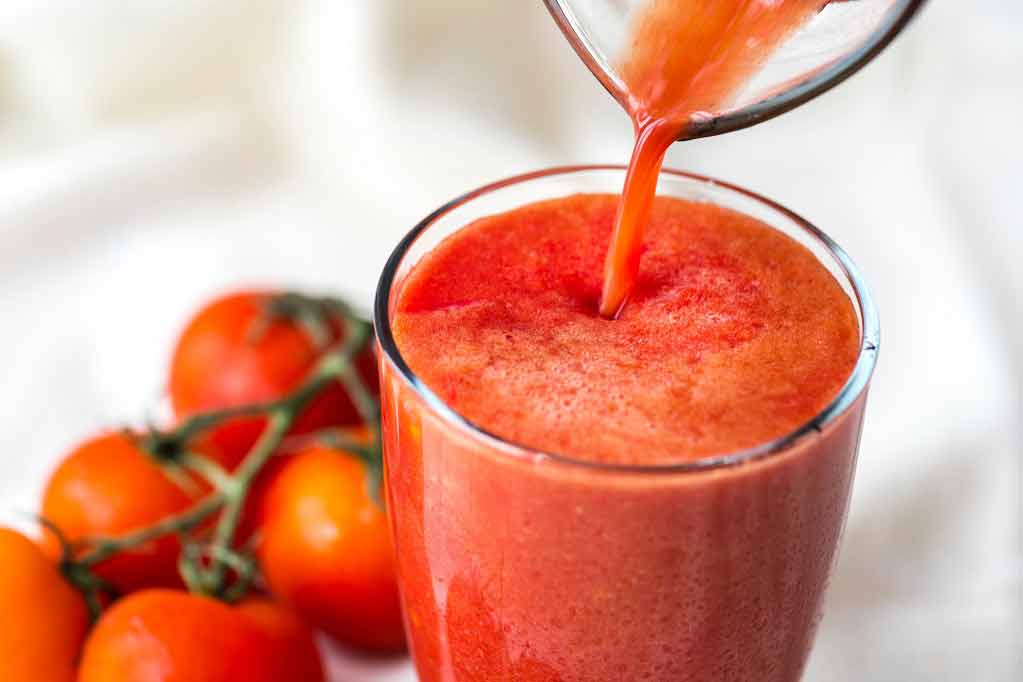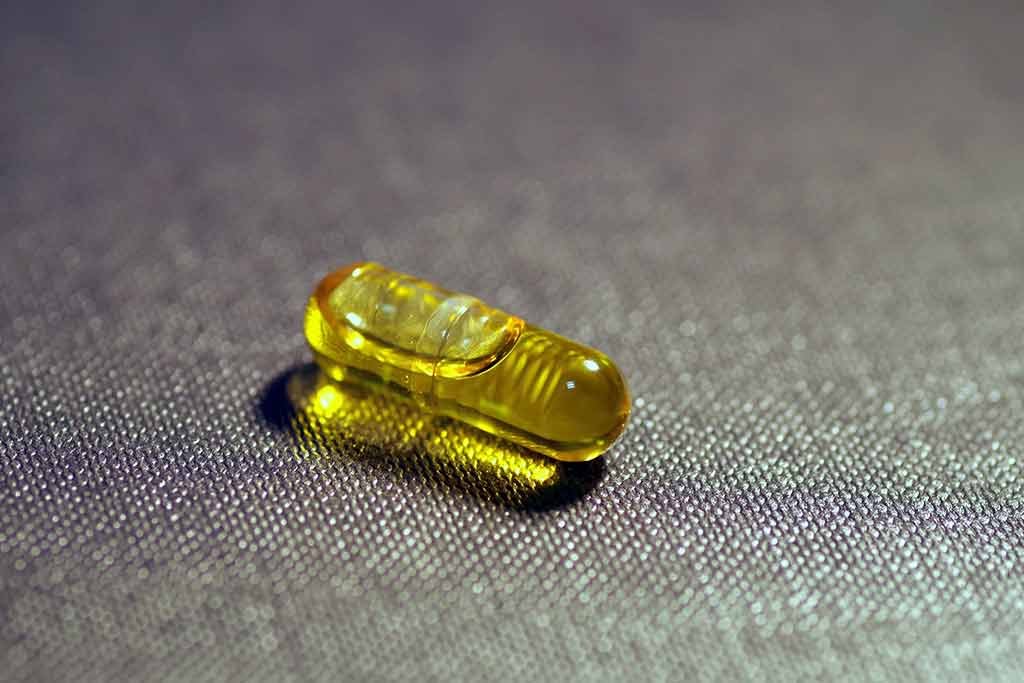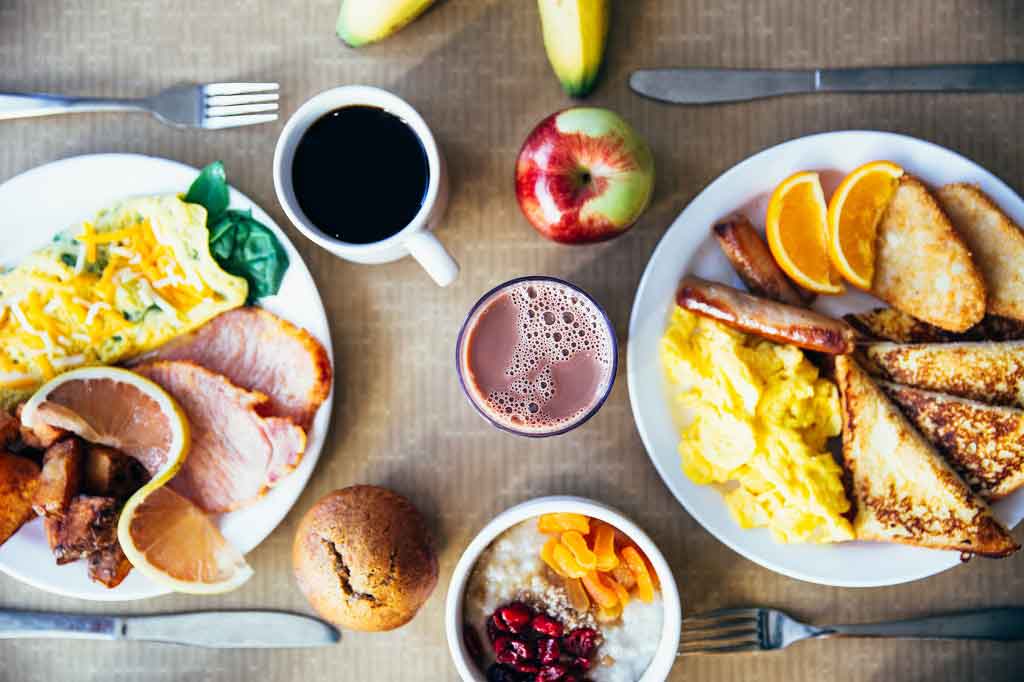Burger with statins on the side?
Food and diet
Fast-food restaurants could “dish out anti-cholesterol drugs to fight the effects of fatty grub,” the Daily Mirror has reported. The news story is based on a research paper arguing the case for...
Fast-food restaurants could “dish out anti-cholesterol drugs to fight the effects of fatty grub,” the Daily Mirror has reported.
The news story is based on a research paper arguing the case for handing out free cholesterol-lowering statin drugs whenever someone buys fast food. Its authors say that providing "McStatin" tablets would cancel out the health risks of high-fat food and offer customers cardiovascular benefits. They based this on calculations comparing some of the harms of fast food against the benefits of statins.
It is difficult to know how seriously to take this study. The high sugar, salt and fat content of junk food has many negative health consequences beyond just increasing cholesterol. Taking a statin pill while continuing with an unhealthy diet will not address all of these.
Most importantly, statins are designed for longer-term use under medical supervision. They should not be dished out like ketchup.
Where did the story come from?
The study was carried out by researchers from Imperial College London and Imperial NHS Trust, London. No information is given about funding, although one of the authors is supported by a grant from the British Heart Foundation. The study was published in the peer-reviewed American Journal of Cardiology.
The study was reported widely and fairly in the media. Several newspapers quoted the opinions of external experts, including some from the British Heart Foundation who were critical of its argument.
What kind of research was this?
The authors say that cardiovascular disease (CVD) remains a leading cause of illness and death, with the greatest problems lying with the “at risk” segment of the population that are unaware of their condition. Given the frequency of fast-food consumption and its adverse health consequences, they argue that the fast food industry is well-placed to offer advice and supplements to counteract the harm arising from the foods they sell. They propose that, like salt, ketchup and other sauces provided free of charge, a statin could be added to the items in the self-service tray, in combination with other healthy suggestions.
Their study attempts to compare the risk increase involved in eating fast foods with a high fat content against the risk reduction in taking statins daily. They constructed a model to juxtapose these two risks and attempted to compose a “tariff” comparing the level of statin needed to neutralise the cardiovascular risk from eating fast food.
What did the research involve?
To quantify the cardiovascular risk of a higher dietary fat intake, the researchers looked at a large cohort study of nearly 47,000 men. The study found that the relative risk of heart attack and coronary artery disease was 23% higher in the men with the highest fat intake (top 20% of the group). They consumed 89g total fat a day, while those in the bottom 20% with the lowest fat intake consumed 53g total fat a day. A similar trend was observed for trans fats.
To determine the relative risk reduction due to statins, the researchers used a recent meta-analysis of statins in the primary prevention of coronary artery disease, which included seven randomised controlled trials and covered nearly 43,000 patients. The combined relative risk reduction across all the trials with use of statins was just under 30%. They also quote a further study to show that statins taken regularly reduce the relative risk for a major cardiovascular event by 20%–70%, depending on which drug and what dosage is taken.
The researchers then plotted the reduction in relative risk associated with different statin trials, against the increase in relative risk associated with consumption of foods of increasing total fat and trans fat content. They used a quarter-pounder burger (19g total fat), a quarter-pounder with cheese (26g total fat) and a small milkshake (10g total fat) from a fast-food chain as a proxy for foods with a high-fat content. They juxtaposed the high-fat content of these foods with the extent to which statins might offset the increased risk for cardiovascular disease associated with an unhealthy lifestyle.
What were the basic results?
The researchers calculate that:
- The reduction of cardiovascular disease (CVD) risk associated with daily consumption of most statins (with the exception of parvastatin) was, on average, around 30%.
- The daily extra fat intake associated with a fast-food quarter-pounder with cheese and a small milkshake was calculated to increase the risk of CVD by just over 20%.
On this basis, the researchers say that the CVD risk-reduction of a statin pill is greater than the risk increase of CVD after eating these foods.
How did the researchers interpret the results?
The researchers say their calculations show that statins can neutralise the increased risk for cardiovascular disease associated with the regular consumption of unhealthy foods. Individually, most of the statin regimes had the strength to counteract the risk caused by eating an additional 36g of total fat per day, with similar results found when they calculated consumption of transfats separately.
They argue that the fast-food industry could provide a “McStatin” sachet to sprinkle on a burger or into a milkshake at no extra charge. Food would also carry health warnings in the same way as cigarettes do currently, and advice on healthy lifestyle.
Conclusion
The study’s comparison of the risks associated with a high-fat diet with the risk reduction for statins is interesting. However, there is no evidence to support its main contention that a statin taken every time someone has a fast-food meal would reduce the risk of heart disease. This argument is based on the following unproven assumptions:
- In an unhealthy diet, each unhealthy meal eaten contributes directly to the increase in CVD risk.
- Each statin tablet taken individually provides a reduction in CVD risk.
However, statins are designed for use in long-term cholesterol management programmes and virtually all studies on statins have looked at regular, rather than one-off use.
The way that lifestyle, in addition to other medical and genetic factors, affects the risk of heart disease is more complex than this study suggests. For example, there are several established risk factors for heart disease, including lifestyle habits such as diet, exercise and smoking. In turn, medical risk factors that may in part be influenced by these lifestyle factors include high body mass index, high blood pressure, high cholesterol and diabetes. Further complicating these relationships is the influence of factors that cannot be modified, including family history, age and gender. Doctors usually consider all of these, as well as the risks attached to particular medications, when deciding with their patients whether drug treatment is appropriate.
When all of these things are taken into account, it is unclear how the researchers can conclude that statins taken only occasionally (rather than prescribed regularly) might help anyone. Dishing out a statin with every burger also does not seem to be a responsible measure when you consider that they are not suitable drugs for everyone, including those with liver disease, those who drink alcohol excessively, and pregnant and breastfeeding women. Statins are also not without adverse effects, which can be severe in rare cases.






 Subscribe
Subscribe Ask the doctor
Ask the doctor Rate this article
Rate this article Find products
Find products







